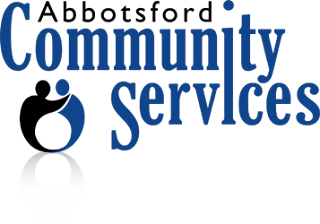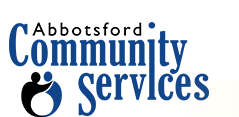“Farm fresh produce, top quality, at the best price” (Howard Wong
Farms)
Howard
Wong Farms is a family-owned and operated farm and market that has been open
since 1975. Howard Wong Sr. started farming in 1966 with his wife, Darlene.
When he started farming he was living in Richmond, moved to Abbotsford with his
family in 1975, and shortly after opened his store – which you can find at 5486
Riverside Road. I got in touch with Howard Wong to ask a few questions about
local farming, its affect on the public, and how it has changed since he
started in 1966.
(M): How has farming changed,
for better or worse, since you opened in 1975?
(H):
Farming itself hasn’t changed much, but in order to farm, a lot of things have
changed. You need to have a lot more money these days. It is difficult to get a
line of credit. There are many restrictions on things that once didn’t have
any. There are a lot more rules when it comes to farming today.
(M): Has your business
been affected by big corporations selling cheaper produce?
(H):
Business hasn’t been affected badly. Since we’ve been open, we’ve always had an
amazing support from local customers and we still do. However, if we were a new
farm market, there is no way we would be able to market and survive in today’s
world. Having been open so long, we don’t have the problems that people opening
stores and farms have today. We have amazing customers who support us always,
and we try our best to have the cheapest prices on all produce to serve our
community well.
(M): Do you think local
farming is important? If so, why?
(H):
Yes, local farming is very important because it creates jobs. This includes
equipment repairs and labour positions. Local farming keeps the local economy
in good health and keeps all proceeds in the local community.
(M): What impact
would it have on the public if farming became extinct?
(H):
The impact it would have on the public would be huge. There would be fewer
dealers and less service for farmers. It would put many people out of jobs. It
is cheaper to grow things elsewhere, across the border, so the chance of
farming becoming an extinct thing is not impossible.
(M): How hard would it be
to start farming in today’s world?
(H): It would be nearly impossible to start farming today because of the cost
to open and run a fully functional farm. There are also many more restrictions
on things in today’s world that we didn’t have to worry about back in 1966.
There are agricultural restrictions on our land, meaning we can’t use our land
for anything other than farming. This is a good and bad thing, because it
protects us from people building stores and offices, but what are we supposed
to do with our land when we are done farming? There are restrictions on
chemicals that are unsafe to use, but what chemicals are safe? Farming is
old-fashioned, but the world is advancing.
(M): What do you think
about the price difference in locally grown and store bought produce?
(H):
It has been hard to stay competitive with the big stores. We have loyal
customers that we’ve had since we’ve been open, but the cost to farm is rising
and the probability of having farmers in the future is dwindling. Local foods
can’t compete with prices across the border because labour is cheaper. Because
there is no local food available during the Winter/Spring months, importers
raise the cost of food during those seasons because they know there is no local
food so we have to import most of our produce.
(M): What is the hardest
thing about farming today?
(H):
Money – it is hard to farm in today’s world because everything is so expensive.
You have to pay more for fertilizers, chemicals, equipment, workers. Everything
has increased in price since I started farming. Take for example a car back in
1966. I could buy a car then for $ 3500, today the average car costs $30,000.
The problem with this is that everything is increasing in price, but produce is
expected to stay cheap. Farmer’s and farming are at the bottom of the ladder,
but they should be at the top. Because of this, it is hard to survive when you
are expected to have cheaper food in a world that is increasing in price.
What I gathered
from my interview with Howard was his concern about the future of farmer’s and
farm-life. The probability of being able to sustain and live a fulfilling life
as a farmer is a daunting task, and one that will soon be impossible in today's
world. Howard is passionate about farming, and worked hard his entire life to
get where he is to be a successful farm and market owner, but he believes if he
had started any later than he did, it would not have been as possible to
succeed in business. Because he has been in business so long, he is able to
sell produce at a cheaper rate than many places – so I highly recommend
checking out and supporting Howard Wong Farms!









+089.JPG)



